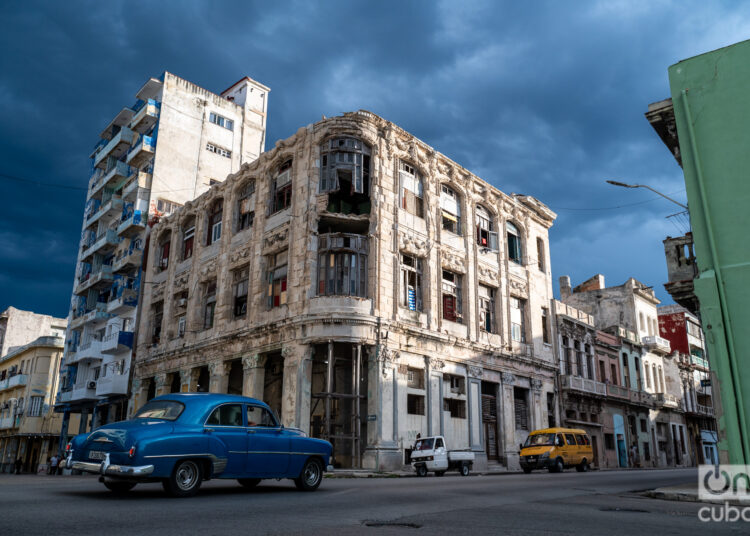Asking a poor, underdeveloped, stagnant, attacked, isolated island to solve the great practical and theoretical problems accumulated by historical socialism is not only useless (because it is impossible to solve), it is also absurd.
History and the world will probably solve that over a long period. The conditions for socialism in Cuba could not be worse: with hardly any industry, with backward agriculture, isolated in the middle of the West, without major international alliances.
Does that mean that we must renounce socialism in Cuba? Obviously not! It’s not necessary to give up anything. This is where history has brought us. But we must put our feet on the ground, in realities, and clearly consider what socialism can be in this country, in these difficult times. And for that, it’s necessary to ask and answer the necessary questions very well. The fundamental thing is to maintain the sovereignty of the country, social justice and find a way out of the mess into which they have plunged the economy.
The Cuban economy has lost its capacity for growth and therefore has become a machine for generating poverty and difficulties of all kinds. It’s necessary to solve that and get rid of theoretical nonsense. Of course, it’s not only necessary to be practical, it’s necessary to be theoretical, but banishing orthodoxy and “cytology”; putting perspective on the history of this specific country, rethinking the country and its evolution, especially from the 19th century to today.
The Soviet manuals already did enough damage and also a poor and decontextualized reading of the classical thinkers and the leaders of historical socialism. And how is there still that? We see it frequently in the mass media. We must understand that today’s world is not the world of 60, 50, or 30 years ago.
Socialism, yes!, but without spider webs, without allowing the progressive world to demand that Cuba solve the theoretical and historical problems of socialism.
I think that’s where the Chinese and also Vietnamese takeoff began. The right questions were asked for them, however you want to put them and with all the debates that can and should be held. Both countries have tremendously boosted the economy and have lifted millions of people out of poverty.
Of course, those countries are not blocked, they have resources, scales, etc. That is why taking their experiences into account does not mean copying them, obviously.
Now I am going to give you my conclusions from what we have seen in recent days, the reports presented, etc.
With the dismantling of the sugar sector, the tourism crisis, the demographic crisis ― departure of young people and professionals in worrying magnitudes ―, the uncontrolled imbalances, the sum of all the errors, the widespread corruption at many levels, the impact of essential social services such as health, affected not only by the shortage of medicines but also by corruption in many of its services; environmental damage and insalubrity in the streets, plus people sent to work from home due to energy problems; the destroyed infrastructure, the unpaid debt and the greater effectiveness of the blockade, the Cuban economy lost its capacity for growth.
If it is not with a radical, articulated, and comprehensively designed change, it is very difficult to recover the economy. This is essential, beyond the speeches, and is not well appreciated anywhere.
This is reality, told with honesty and pain. Despite this, we must continue insisting until the last breath to recover a path of socialist prosperity for this country, but a very Cuban path!
Many times we have expressed in detail — to submit them for debate — our considerations and proposals on the comprehensive reform of the economic model: recover macroeconomic balances, look for ways to reduce debt and open credits, reform the agricultural production subsystem, deeply reform the state enterprise — not so that it stops being public, but so that it stops being inefficient —, integrate all markets and all economic actors into a single dynamic — what is socialist is the system, not a type of enterprise —, change the nature of bureaucratic planning, change the priorities of investment policy, address infrastructure, make social policies more effective, etc. And all this with the appropriate sequence and the emergency cases.
We cannot fail to take into account that there is a probability that we will soon have to deal with an even more aggressive U.S. administration. Improving the economic conditions of the population is essential to face this scenario. That is once again my brief conclusion of everything I have seen in recent days about the current situation in the country, based on the information, statistics, and evidence presented.
________________________________________
*This text was originally published on the author’s Facebook profile. It is reproduced with his express consent.










